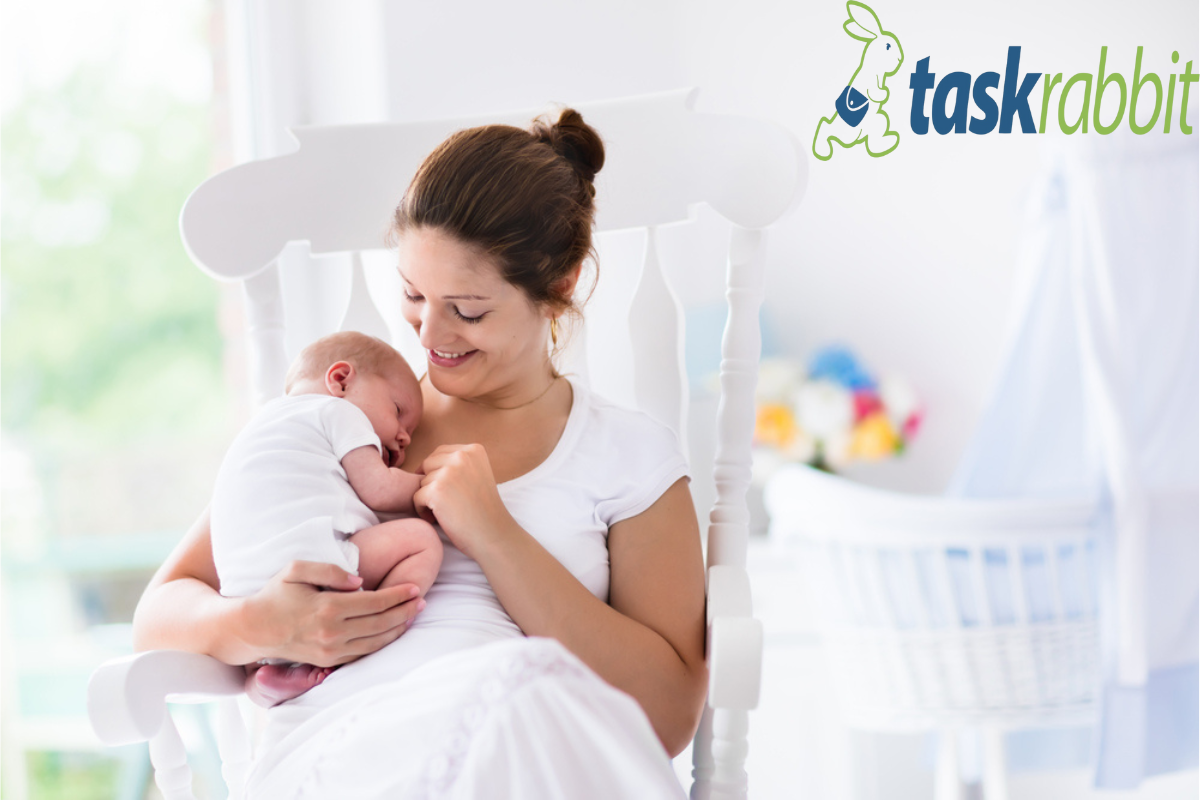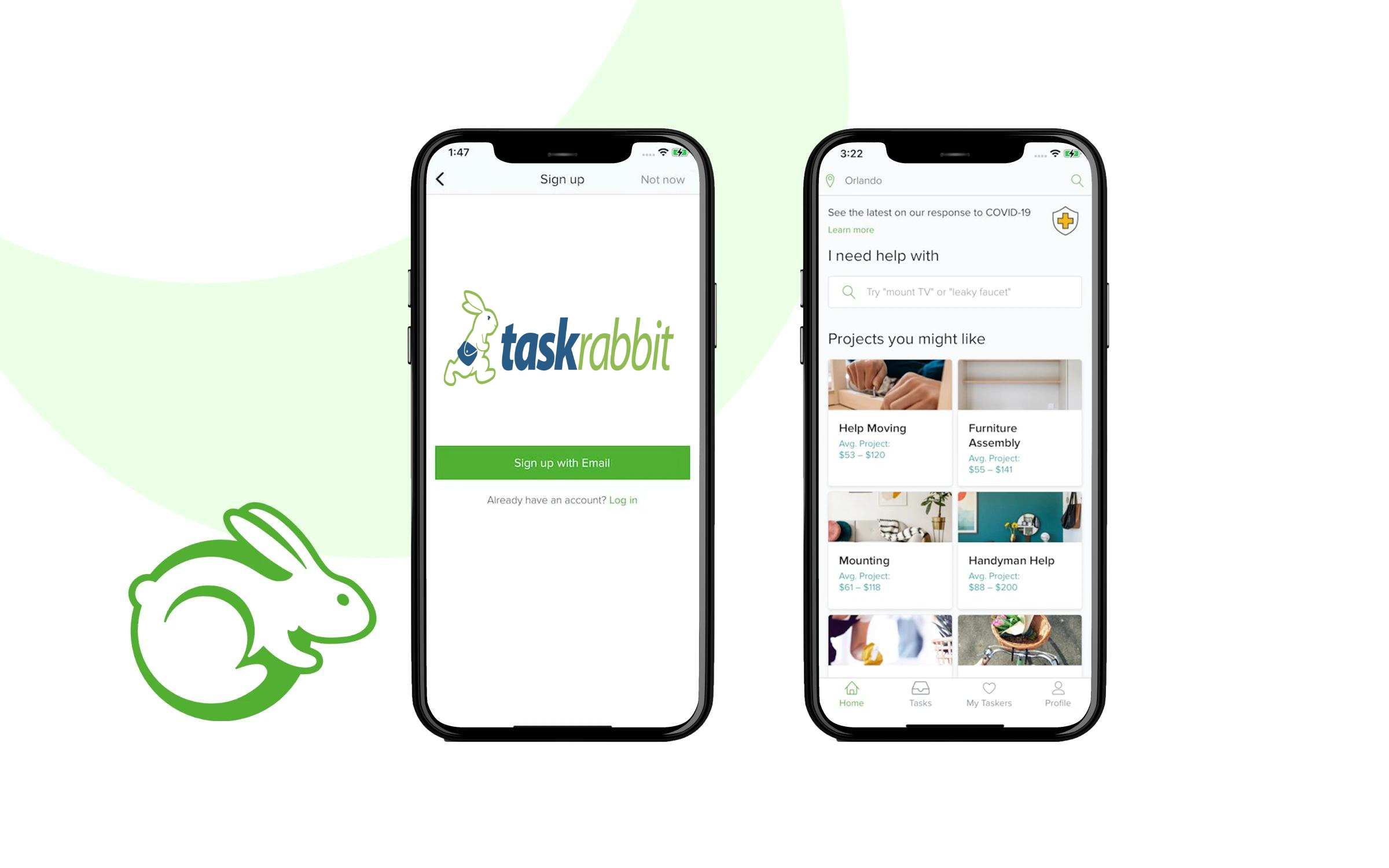Revised guidelines call for more parental support while promoting longer breastfeeding
In a policy statement released on Monday, the American Academy of Paediatrics stated that the duration of time for which breastfeeding was advised for two years or more has been extended. They did, however, acknowledged the challenges faced by the parents.
According to Dr. Joan Meek, the lead author of the new recommendations and an emeritus professor in the clinical sciences department at Florida State University College of Medicine, there was a need for societal changes that would support this, such as paid leave, increased support for breastfeeding in public and childcare facilities, and workplace support.
The policy, which was the first updated breastfeeding instruction from the organization in ten years, was similar to previous A.A.P. statements. The organization nevertheless advised that infants be breastfed exclusively for six months or so, after which complementary foods may be introduced. Based on their statement, breastfeeding has been linked to several advantages for newborns, including a decline in ear infections, severe diarrhoea, and lower respiratory tract infections.
However, the organization was now urging paediatricians to encourage breastfeeding for two years or longer — as opposed to one year or more — if "mutually desired" by moms and their newborns. According to Dr. Meek, the change was the result of the research that claimed longer nursing for moms had specific health advantages, such as a lower risk of Type 2 diabetes. It also reflected the A.A.P.'s objective of normalizing nursing for longer for parents who choose to do so.
Dr. Meek further said that there has been a tendency in the medical profession to think that breastfeeding should only be done up until the child turns one. After that, they believed there was no reason to continue breastfeeding. However, in reality, most American infants were not breastfed for as long as the A.A.P. recommended. The World Health Organization, which has always supported breastfeeding up to and past a child's second birthday, has updated its policy statement to comply with this recommendation.
Based on the most recent data from the Centers for Disease Control and Prevention, only 25% of infants are exclusively breastfed. While 84 percent of babies start off being nursed, only 58 percent of them are still doing so after 6 months. At one year, 35% of infants are still breastfed; after that point, there were no accurate national figures.
New parents may experience emotions of guilt or disappointment due to the difference between public health recommendations and what happens in the majority of American homes. Dr. Dale Lee, an expert in paediatric gastrointestinal and nutrition at Seattle Children's Hospital, stated that although this was the recommendation, in reality — in practice — parents shouldn't feel awful if they couldn't make it.
In its new breastfeeding policy statement, the A.A.P. admitted that many of the obstacles parents faced in following public health recommendations and achieving their objectives were beyond their control. It encouraged paediatricians to promote policies that would benefit parents, such as guaranteed paid time off, flexible work hours, and workplace facilities like lactation rooms, allotted breastfeeding breaks, and on-site childcare. Additionally, it was advised that paediatricians have "nonjudgmental conversations" with families about their nursing objectives and realize that exclusive breastfeeding was not always possible.
Dr. Lee said that while she believed breastfeeding was beautiful and wanted to emphasize its advantages, she also wanted to let parents know that they were not had to breastfeed and that they weren't failing if they didn't. He continued by saying that infants can survive on breast milk, infant formula, or a combination of the two and that what mattered most was parents' capacity to "lovingly provide nutrients" to their kids.





